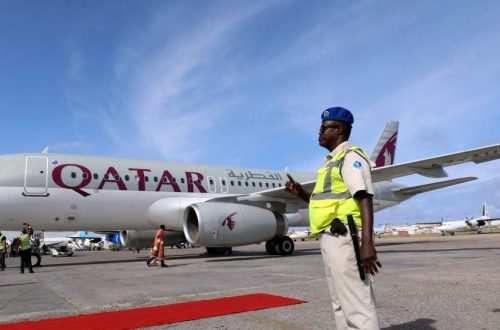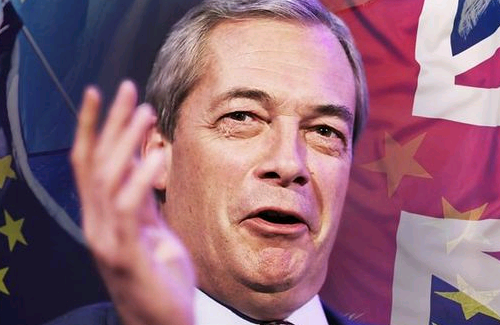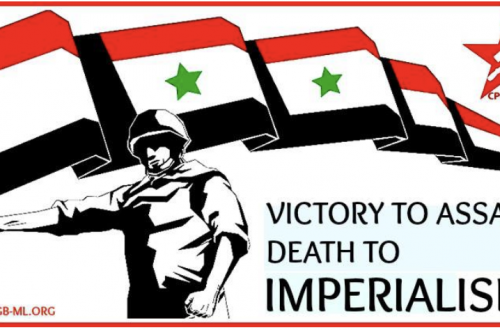This is a guest post by Sally Becker
Five thousand people have died from Ebola with nine thousand thought to be carrying the disease, but it is only since it spread to Europe and the United States that the world has begun to sit up and take notice.
Ebola first appeared in 1976 in two simultaneous outbreaks – in Sudan; and the Democratic Republic of Congo. The latter was in a village situated near the Ebola River, from which the disease takes its name. Believed to be carried by fruit bats, the virus is spread from person to person through direct contact with blood or other bodily fluids or through contact with contaminated objects, such as door handles and telephones. It can take between two days and three weeks before symptoms develop and can last up to two months in semen after recovery from the illness. To make matters worse, a U.S. scientist, Peter Jahrling of the National Institute of Allergy and Infectious Disease believes the current Ebola outbreak may be caused by an infection that can spread more easily than it did before.
One cannot help but wonder why the latest outbreak wasn’t dealt with much sooner. After all, the first sign of a recurrence of the disease was in December last year when a 2 year old boy died in Guinea-yet 10 months on it has not been contained and we do not have a vaccine. When the outbreak was first declared in March, GlaxoSmithKline had discussions with the World Health Organization about accelerating the development of the Ebola vaccine, but between them they decided not to.
“No-one anticipated we would need a vaccine,” said Dr Ballou. “And so both internally and, I think at the WHO, we felt the best approach was to watch very closely”.
Seven months on, with the virus out of control, he now concedes: “I think in retrospect we should have pulled that trigger earlier.’
When HIV first came to light in the eighties people ignored that too, believing it to be a ‘gay’ disease. Did someone decide this was an ‘African’ problem and choose to ignore it, failing to see the impact it might have on the rest of the world?
That certainly isn’t the case now, for as the Head of the UN Mission for Ebola Emergency Response stated in a briefing to the UN Assembly in New York,
“No country is safe.”
The United Nations says it believes the world can defeat the Ebola outbreak in West Africa in six to nine months, “but only if a ‘massive’ global response is implemented.” Meanwhile UN secretary-general Ban Ki-moon has criticised the international response, saying that a fund he launched to fight the disease has only raised $100,000 of its $1 billion target.
If we are to beat this disease the International Community must come together and provide financial support and medical and humanitarian assistance. Our scientists must share information and trials must be accelerated in an effort to create a vaccine capable of stopping the spread of the disease. Ebola doesn’t differentiate between people so whether you are a Muslim, a Christian or a Jew, black, white or even blue, you are at risk of contracting the disease. The only way to prevent millions of deaths is for us all to unite in an effort to save each other.


